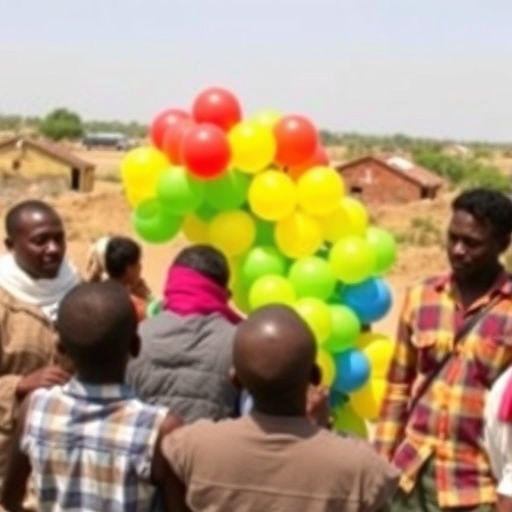In recent years, the concept of peer-learning among health policy and systems research actors has gained significant traction, particularly in regions facing unique healthcare challenges. One such region that has been at the forefront of this transformative approach is West Africa. The dynamic interplay of health policy actors in this locale serves as a breeding ground for innovative solutions to persistent health challenges. Indeed, the burgeoning field of health systems research is not only integral for policy formulation but also for the dissemination of knowledge across diverse stakeholders. This culture of collaboration has become increasingly relevant, as evidenced by expanding networks formed through informal yet impactful exchanges.
The study conducted by Defor, Mukinda, and Bocoum revolves around analyzing these peer-learning networks across West Africa. By leveraging social network analysis, the researchers have meticulously mapped out the connections among various health policy researchers and practitioners, thereby illuminating the intricate ties that foster collaboration. Through understanding these relationships, it becomes evident how peer support can catalyze significant advancements in health policies that address the unique needs of the region. In an era where personalized medicine and patient-centered care dominate discussions, the contributions of these networks cannot be overstated.
Historically, healthcare systems
Tags: health policy collaborationhealth research dissemination strategieshealth systems research collaborationhealthcare challenges in West Africainnovative health solutions West Africapatient-centered care approachespeer support in health policypeer-learning in health systemspersonalized medicine in West Africasocial network analysis in healthcaretransformative health policies in AfricaWest Africa health policy networks





